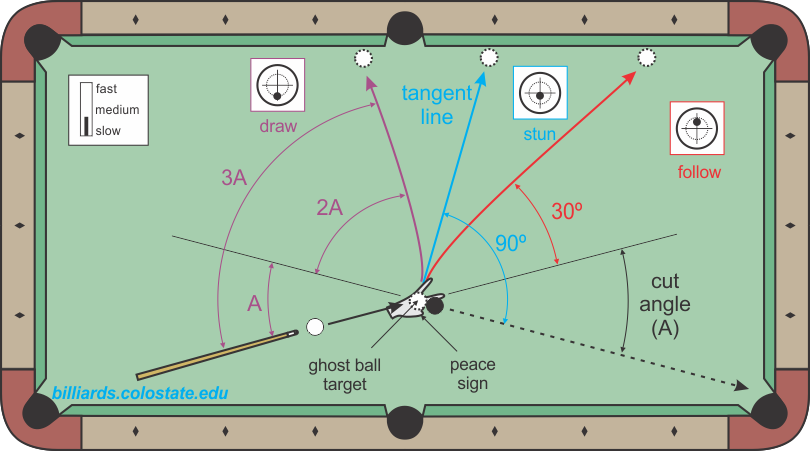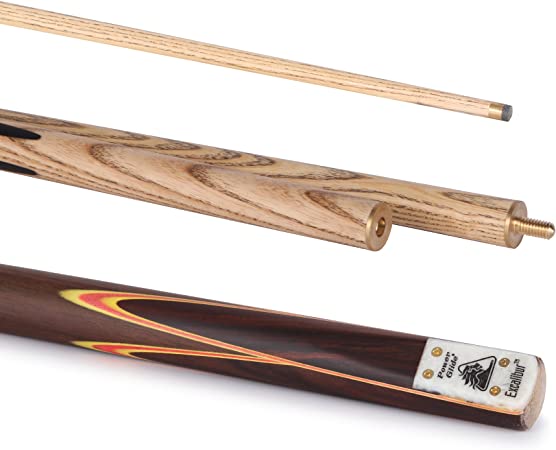
One of the most loved sports in the world is pool. It can be played on a number of different sized tables. You need to be skilled at the game. There are many types of pool. The most popular are the eight-ball and continuous pools. These games require skill and can either be played solo, in pairs or as a group sport.
The objective of the game is to pot all designated balls. This includes cue balls, eight-balls and other object ball. Each player gets one of the two pockets located at the feet of the table. They will continue until they are fouled or miss. The foul must be committed by the player. A variety of fouls can occur including a break, hitting the cueball into an object ball, committing an unlawful break, or executing a jump shot.
The World Standardized Rules govern pool. These rules are used by many international tournaments, organizations, and the Billiard Congress of America. If a foul is committed the ball that was taken must be returned to the pocket and the opponent's cue ball pocketed counts as a point.

The goal of eight-ball is to win the black eight ball. Depending on the variation of the game, the other balls are numbered 1 through nine. If a player takes the ball out of his pocket, he wins.
A normal foul gets you a minus. The penalty for a normal foul is a minus one. After the player takes his next shot, he can choose to restore the position that he was in prior to the foul. Alternativly, he might decide to keep his ball and give the opponent a point if he places the ball in his own pocket.
Another form of foul is called the ball in-hand foul. This occurs when a player touches the cue ball without having his or her foot on the floor. A player must announce the ball that was pocketed before taking a shot. The ball must be placed as close as possible to the spot where it was caught during the foul.
A player who commits more than two fouls at once must be warned before taking their next shot. A third foul is considered a foul and will result the inability to play. A player who breaks in the first innings will get a minus score equal to -10.

Non-player interference can also be considered a foul. Non-player interference refers to any foul that occurs when the ball gets pushed or bumped in the face by an opponent, or an unscheduled fixture. Non-player interference is not considered if the ball gets pocketed in the course, or as a foul.